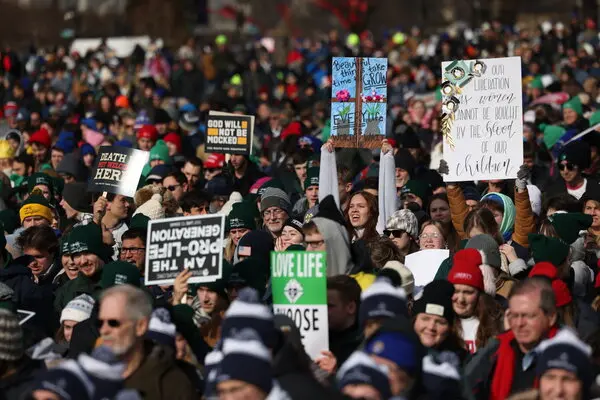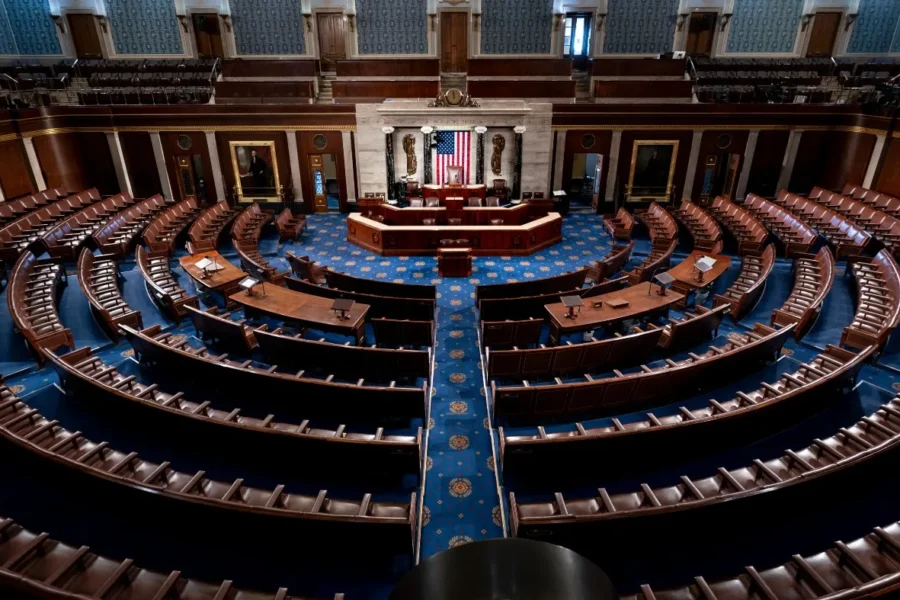On Friday, January 25, 2019, a Louisiana abortion provider, June Medical Services, made an emergency request to the U.S. Supreme Court, asking that the Court put on hold a Louisiana law that is set to go into effect on February 4th, while the case, June Medical Services v. Gee, is appealed to the High Court.
The Louisiana law at issue requires physicians who perform abortions to have active admitting privileges at a hospital within 30 miles of the facility where the physician performs the abortion. This law is similar to a Texas law that the Supreme Court found unconstitutional in Whole Woman’s Health v. Hellerstedt in 2016. In that case, the Court found that there was sufficient evidence that Texas’ admitting privileges law caused the closure of about half of the abortion clinics in Texas, which created a substantial obstacle for women who wanted to get an abortion.
But the Court’s ruling in Hellerstedt does not mean that all admitting privileges laws are per se unconstitutional or that there is sufficient evidence that Louisiana’s law will lead to the closure of a large number of abortion clinics in Louisiana. Determining whether an abortion regulation is unconstitutional is a fact-intensive inquiry that requires state-specific evidence that the law causes a substantial obstacle.
A three-judge panel on the Fifth Circuit Court of Appeals ruled 2-1 in favor of Louisiana’s law, explaining that there were “stark differences” between the facts and evidence in the Texas case and the facts and evidence in Louisiana’s case. Unlike in Texas, there was no evidence that any abortion clinic would close in Louisiana as the result of the law.
June Medical Services appealed to the full Fifth Circuit, but on January 18, 2019, the judges voted 9-6 to deny rehearing the case. Now June Medical Services plans to appeal the decision to the Supreme Court, but while it does, it is asking the Court to stop Louisiana’s law from being enforced.
In order for the Supreme Court to put Louisiana’s law on hold while the case is being appealed, there must be a “reasonable probability” that the Court will agree to take the case and ultimately find the law unconstitutional.
Louisiana filed a response on Thursday, January 31st, arguing that the law should not be put on hold because this is not the type of case the Court will normally agree to take since June Medical Services did not identify any conflict in the circuit courts and its disagreement with the Firth Circuit panel is mainly over how best to interpret the facts.
The request was made to Justice Samuel Alito, since he is the Justice in charge of emergency requests from the Fifth Circuit, and he can make the decision himself or refer it to the full Court. We expect that Justice Alito will ask all of the Justices to weigh in and that the Court’s final decision regarding the emergency request will come out before February 4th.




